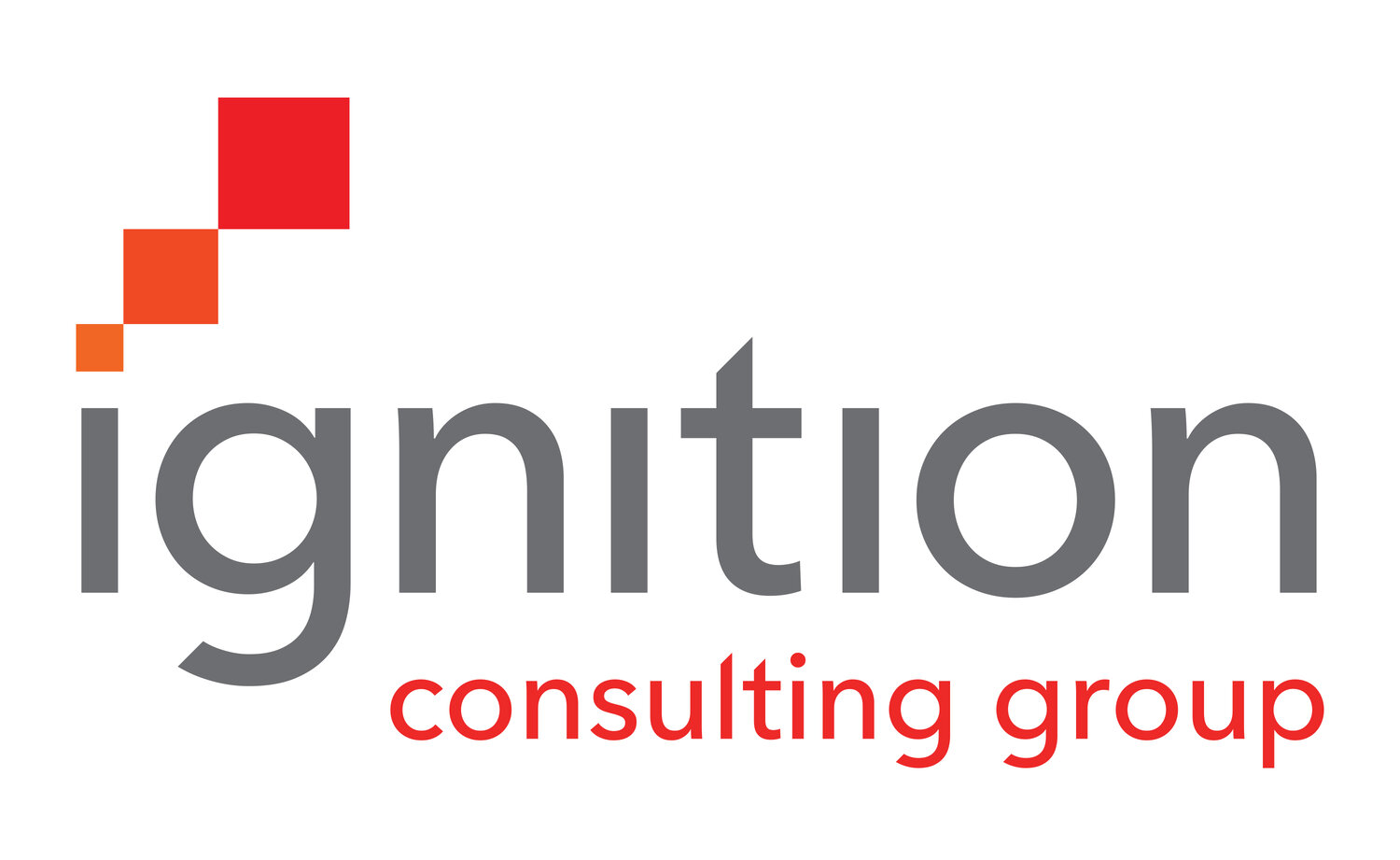Before You Change Your Practices, Change Your Mind
By Tim Williams
Business professionals have a voracious appetite for learning the “best practices” in their industry. They want to know what has worked for other companies so they can replicate these approaches in their own firms.
The agile approach is a good example. Business executives read about the successes other companies have achieved by adopting agile practices and assume they can produce similar results by simply copying these approaches in their own company. But this cut-and-paste approach to transformation never produces the desired results.
Why? Because they’re attempting to change their practices without first changing their minds. The agile framework is an unconventional way of thinking about how work gets done. A change in workflow practices must first be preceded by a change in paradigm.
Reform your thinking and the practices will follow
Transformative changes in business are always the result of shifting our thinking, not importing new practices. When we reform our model we can’t help but reform our methods. The philosopher Martin Cohen describes paradigm shifts as a kind of “intellectual virus.” When we replace one of our outdated mental frameworks with a more accurate paradigm, it infects almost every aspect of how we go about our daily work. It inspires and compels us to adopt new processes, programs, and procedures.
Back to the example of agile transformation, one of the core tenets is that informed, capable people should be directly responsible for the promises they make and the results they produce. Talented professionals shouldn’t need project managers breathing down their necks, dictating workload or enforcing deadlines. The agile paradigm is about accountability, not utilization. Adopting the agile approach is not about making gradual improvements to your workflow process — it’s about substituting traditional workflow methodologies with a disruptively different way of thinking about how work gets done. As Neil Perkin and Peter Abraham write in their excellent book Building the Agile Business Through Digital Disruption, “The problem is not only with the process, but with the mindset, thinking and behaviors that surround it.”
There is no incremental path to greatness
The most celebrated firms are not incrementalists; they know there is no incremental path to greatness. The light bulb did not result from the continuous improvement of candles. The self-driving car was not developed by a car company, Uber didn’t grow out of a taxi company, and Spotify wasn’t the brain child of a record company. Deloitte Digital — one of today’s largest digital agencies — was started by a CPA, Pete Williams. Great leaps forward come from idiosyncratic thinking and unorthodox players, not legacy businesses mired in the conventions of their category.
Most professional firms produce suboptimal results because they’re operating under a deteriorating paradigm — an outdated mental map. The early ocean-going explorers of the Old World would certainly have benefited from better ships (the equivalent of better practices), but the one thing that would have helped them most is a better, more accurate map.
Don’t just upgrade your practices; upgrade your paradigm
Just as physicians have been seriously misguided by flawed paradigms (like centuries of bloodletting), almost every corner of the business world suffers from the effects of archaic models. In the hallowed halls of corporate management, shareholder value has finally been exposed as a flawed paradigm that produces the wrong internal behaviors. Today’s updated focus on customer value has thankfully pointed business enterprises in the right direction, resulting in not only happier customers but more profitable companies.
At a time when many firms are attempting to upgrade their time tracking systems, they should instead be upgrading their paradigm. Selling knowledge work by the hour is a defective paradigm, which has spawned a multitude of faulty practices. The right mental framework (professional firms sell expertise and problem-solving, not time) will naturally engender and nurture the right practices. Change your mind and the practices will follow (it never works the other way around).
To paraphrase my colleague Ron Baker, “Some people get impatient with the paradigm and want to move onto the practices. I get impatient with practices and want to learn the right paradigm.”


